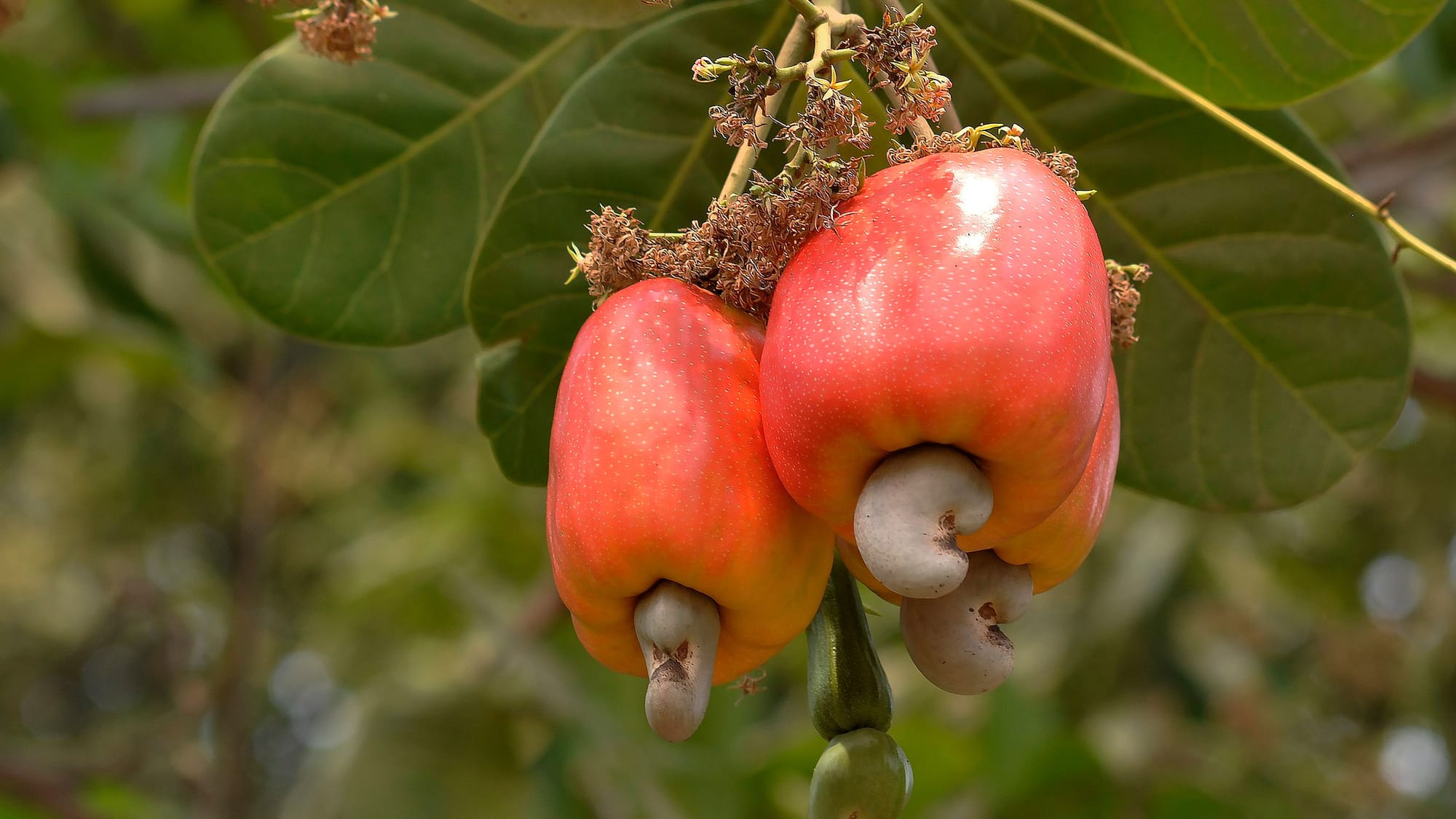Breaking Ramadan

by Jídé Salawu
In the afternoon, I would head into the steamy sun, rolling my motorbike tyre down the dusty Mission Road to my grandmother’s house in Shao, my hometown, which is just a few kilometers from Jebba. When I arrived, I would meet only my aunt, Ajarat, who would be helping with house chores before my grandmother returned from the farm. I’d hunt for bushrats in a nearby thicket, close to Yelu Hill on the northside, where the trees' heads were swirling, and sometimes the wind bending them right over, as if they were genuflecting. The smell of the shrubs would spring up to meet me, as I arched to dig a hole and camouflage my trap in the right spot. Those greeny-brown leaves are processed locally as a skin to preserve cold pap; I can’t remember the name now, but they looked like egbìrìn weeds. My grandmother often collected, boiled, and processed them for sale.
There were cashew trees on the left side of the house, and when I was done hunting (most times unsuccessfully), I’d pluck the yellow and pinkish ripe fruits. We called them ẹ̀kọ – the pulpy ones. The cashew apple is juicy and fleshy, so that the juice would drip from your palms down to your elbow. I’d collect the nuts and roast them in a perforated can, and play around the surrounding boulders. Then I’d hear my grandmother’s greeting, “E kú ilé o!”
It’s a paywall, but a small one
Read this post and get our weekdaily newsletter for $3 a month
